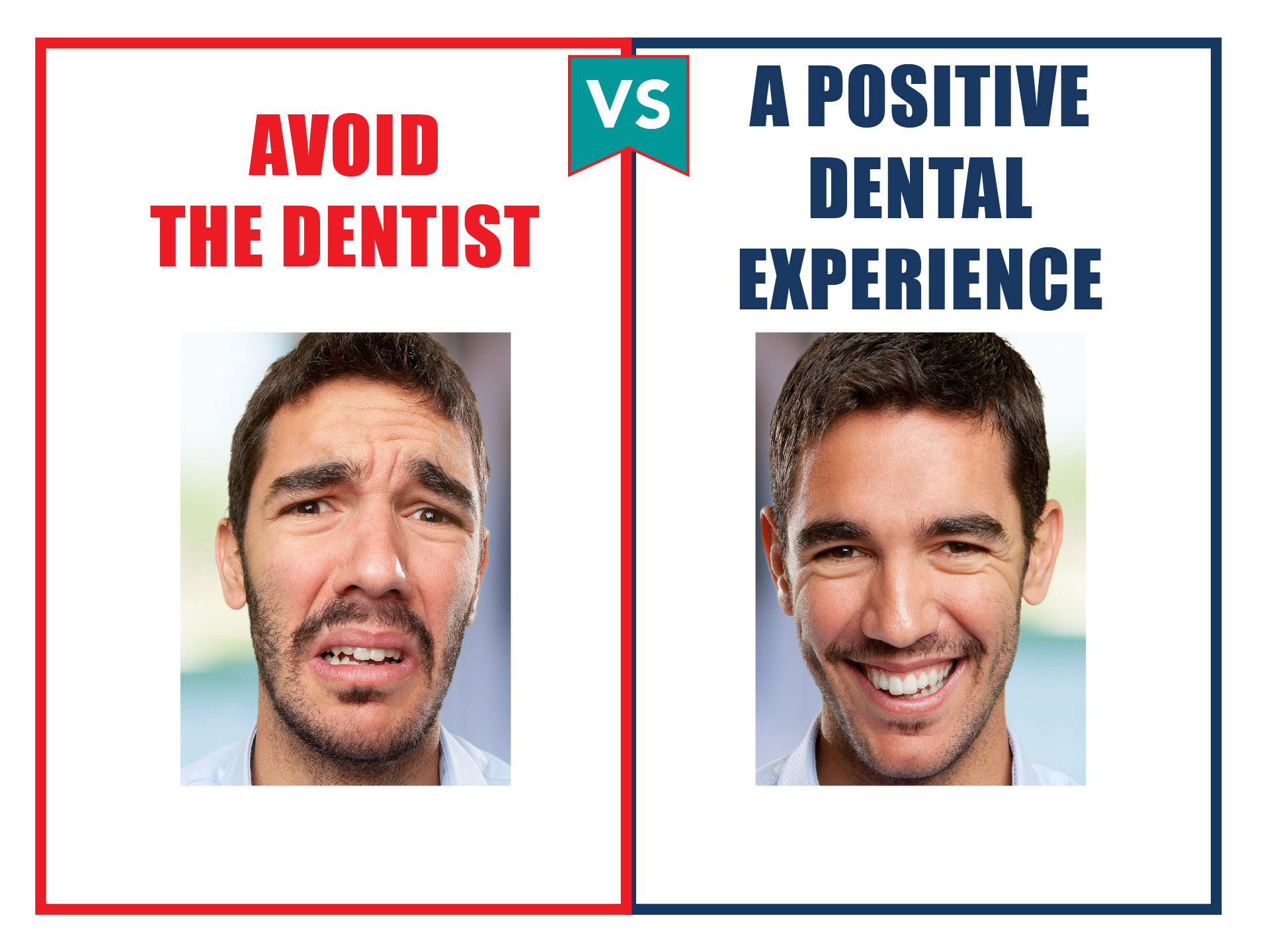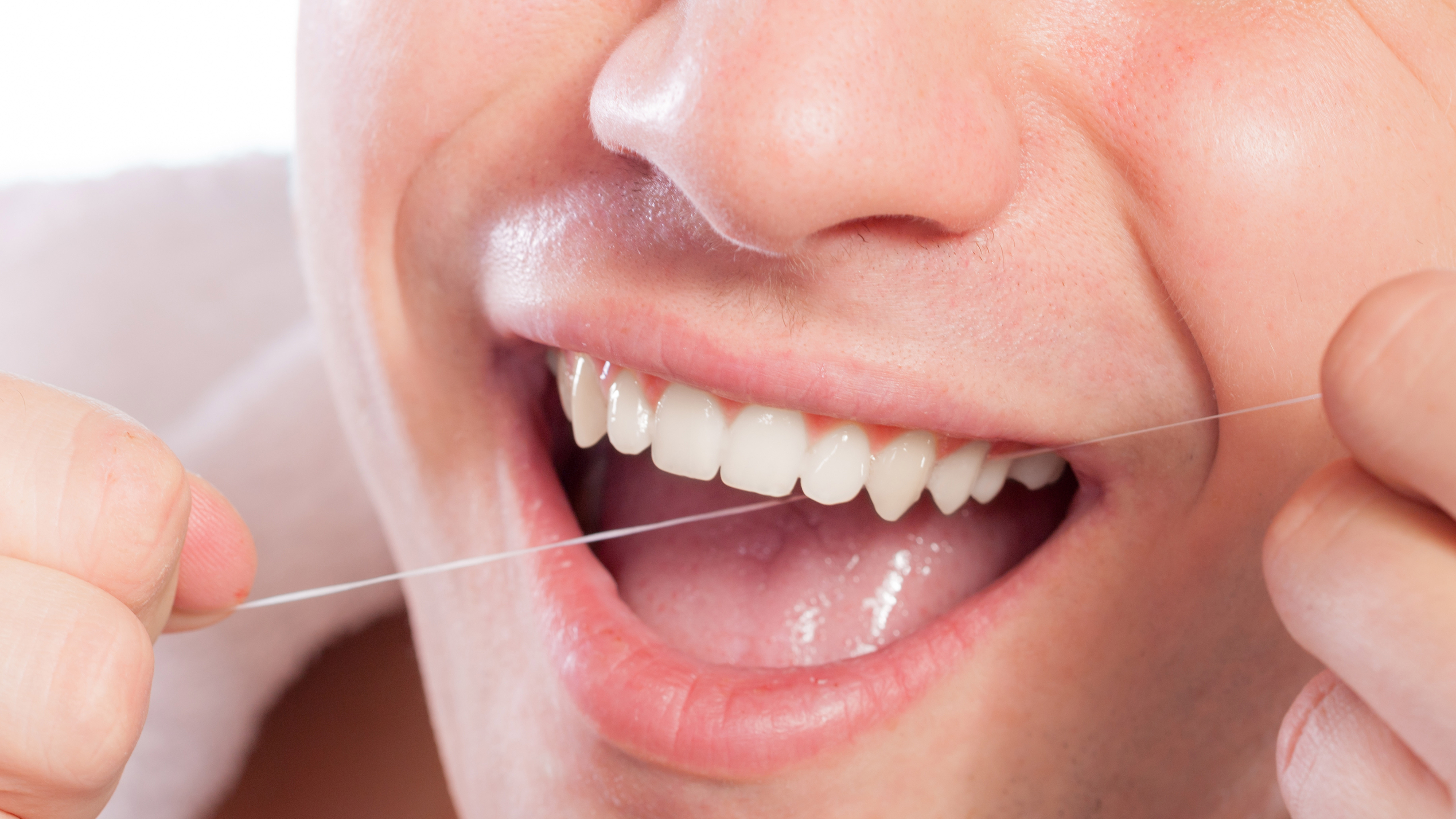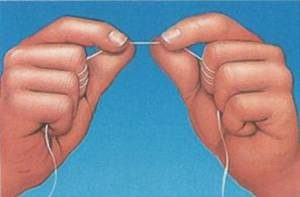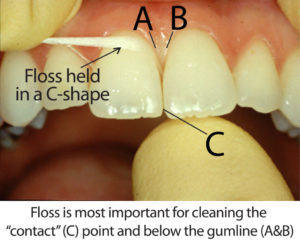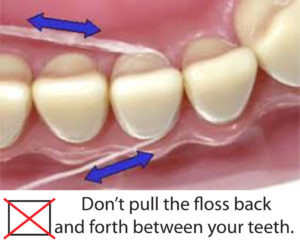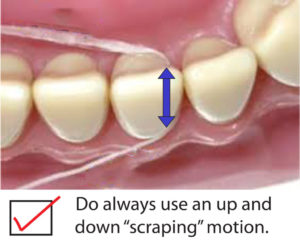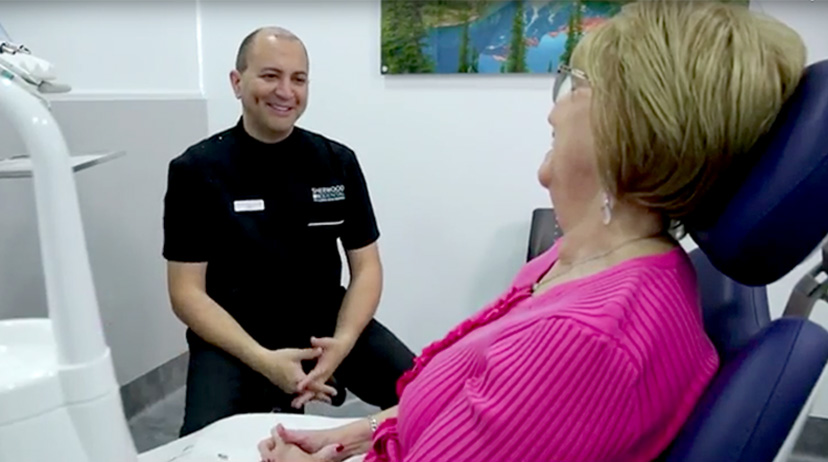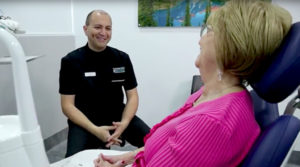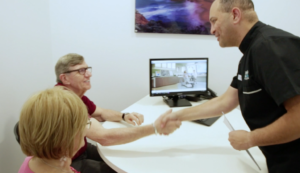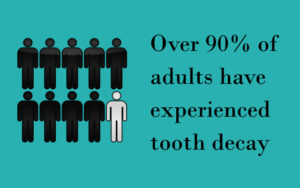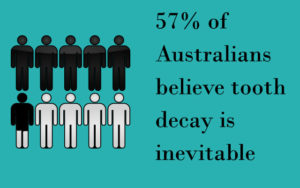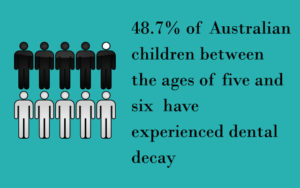Why should you see a dentist regularly?
Our patients will know that at our practice we call regular routine visits and examinations,“Active Maintenance”.
We use this term on purpose because these visits are far more than a “check up” and are much more important than many people realize.
Keeping abreast of the latest advances in oral health research helps us to be able to keep the high standards of care that our patients really appreciate. A thorough clinical exam, oral cancer screen, professional clean and fluoride treatment are included routinely as part of an Active Maintenance visit at Sherwood Dental.
We use this term on purpose because these visits are far more than a “check up” and are much more important than many people realize.
Keeping abreast of the latest advances in oral health research helps us to be able to keep the high standards of care that our patients really appreciate. A thorough clinical exam, oral cancer screen, professional clean and fluoride treatment are included routinely as part of an Active Maintenance visit at Sherwood Dental.
Early Detection
Active Maintenance visits help to find small problems early so they can be addressed before becoming a painful and expensive burden or inconvenience… hence avoiding a painful emergency situation, also saving time and money.
This is important because the most common oral health problems including active decay, gingivitis and even periodontal disease (advanced gum disease) can be completely “silent” and not even noticed until they are very advanced.
Just like servicing the car …
…the time and effort it takes to make regular Active Maintenance visits greatly outweighs the inconvenience and expense of having an avoidable, time consuming and painful problem.

How often to see the dentist
The intervals between Active Maintenance visits at our practice are most commonly 6 months but can vary depending other oral and health factors. Some patients have higher risk factors, including family health history, chemotherapy or other medications may mean adjusting these intervals for certain patients to ensure the best care.
Most Sherwood Dental patients visit us for regular examinations and professional cleans That way they can receive optimal preventative care. Our patients are able to then maintain ideal dental health and hygiene between visits without being concerned about avoidable problems arising at the most inconvenient times.
This all too often means that many potential problems like a broken tooth, tooth abscesses needing root canal, or even tooth extractions can be avoided.
An Unfortunate Cycle
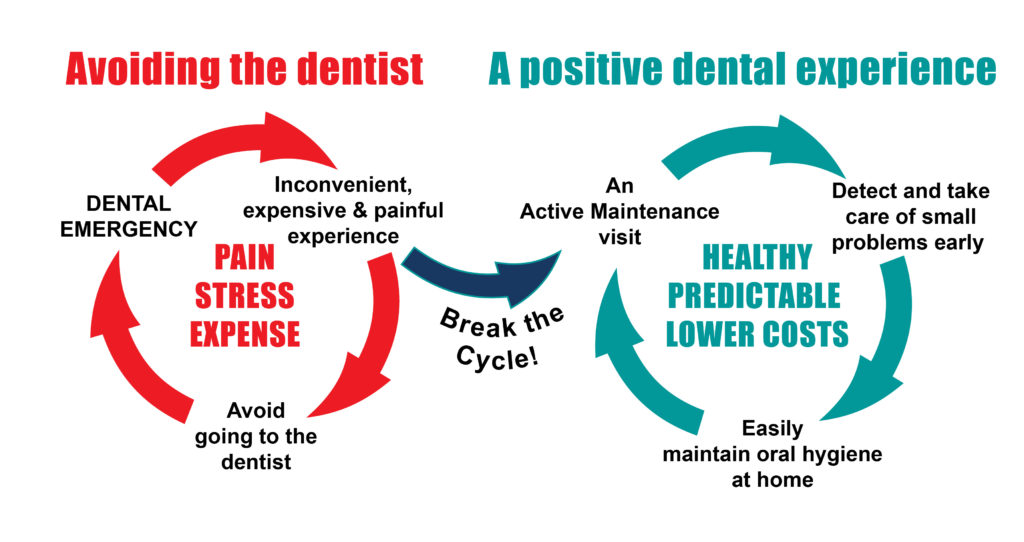
Some patients visit when they have a concern or even a painful problem in their mouth. When these patients start regular Active Maintenance and have they oral health stabilized, they no longer find themselves having to deal with one unpredictable dental emergency after another.
The benefits of having fresher breath, a renewed confidence to smile and to eat the food they like is such a relief. It also removes the constant worry about whether another painful emergency is just around the corner.
A Personalized Plan
No two patients are alike so the Active Maintenance visit also includes a chat and advice about any required areas of FOCUS for oral hygiene between visits.
We team up with our patients to create a plan and identify any particular areas to REVIEW at the next visit.
If you are concerned that you may have some risk factors associated with gum disease; or if you would like to have an assessment and an active maintenance plan to specifically address your particular needs, we’d like to help. Please call our friendly team for an appointment or visit sherwooddental.com.au

